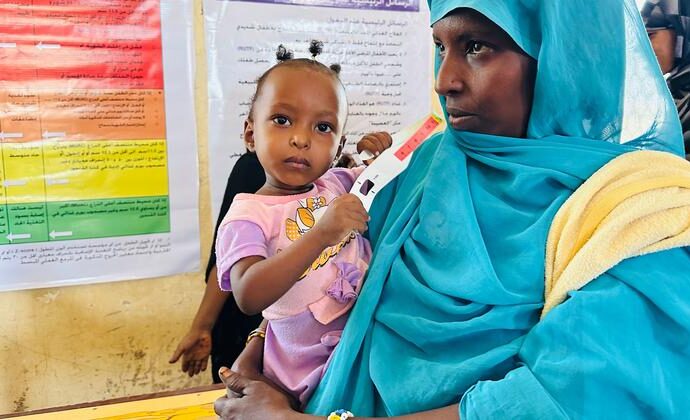The recent natural disasters in Afghanistan, the child deaths in Sudan, and the diphtheria outbreak in Guinea highlight the urgent need for humanitarian assistance and funding. These crises are exacerbating existing challenges in these countries, such as food insecurity, healthcare disruptions, and low vaccination rates. The international community must prioritize support for these vulnerable populations to prevent further suffering and loss of life.
In Afghanistan, the UN World Food Programme (WFP) has appealed for $19 million to provide emergency food assistance to those affected by the recent earthquakes in Herat province. However, due to a severe funding shortfall, WFP is forced to take food from an already underfunded program, leaving many vulnerable communities without sufficient support. This situation is pushing already struggling communities into destitution, as WFP was forced to cut off assistance for 10 million people earlier this year.
Meanwhile, in war-torn Sudan, the World Health Organization (WHO) and the UN Children’s Fund (UNICEF) have warned that food insecurity and disruptions to essential services could lead to the deaths of over 10,000 children under the age of five by the end of the year. The ongoing conflict has severely weakened Sudan’s health system, with health workers going without pay for months and the majority of hospitals in conflict-affected states not functional. Additionally, millions of children in the country are at risk of diseases such as cholera, dengue, measles, and malaria due to insufficient containment capacities.
In Guinea, a deadly diphtheria outbreak has claimed the lives of 58 people, including many babies and toddlers. The outbreak, which has seen over 500 reported cases, highlights the importance of vaccination in preventing the spread of contagious diseases. However, immunization coverage against diphtheria in Guinea has remained below 50% for the past decade, far below the 80 to 85% required to maintain community protection. The lack of access to treatment and low vaccination rates contribute to the lethality of the disease.
These crises underscore the need for immediate and sustained international support. Adequate funding is crucial to address the urgent food and healthcare needs of those affected by natural disasters, conflicts, and disease outbreaks. The international community must prioritize assistance to prevent further loss of life and alleviate the suffering of vulnerable populations. It is imperative that governments, organizations, and individuals come together to provide the necessary resources and support to these countries in need.









